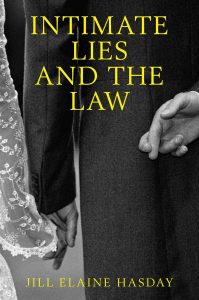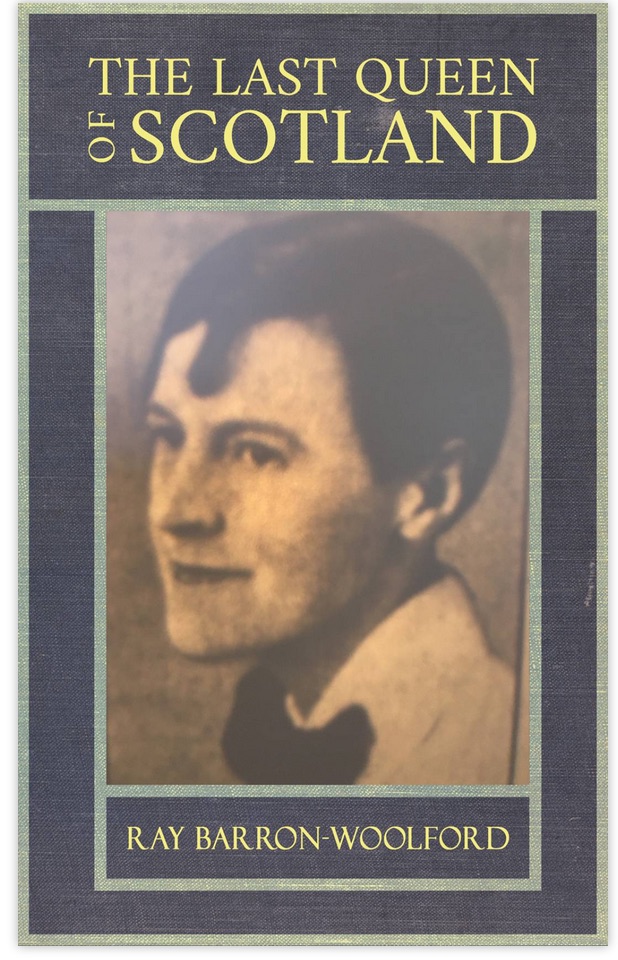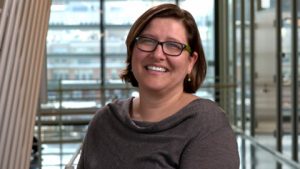Received just today from colleagues in Canada. Please note deadline today. Consider contacting organizer to request extension, if you are interested. -BJC Deadline extended to 9/30/2019
CANADIAN FEMINIST JUDGMENTS PROJECT
Call for Contributors
Offer of contributions due by August 15 2019
We are seeking scholars to contribute to a national feminist judgments project. Contributors need not identify with a particular kind of feminism, nor as female, but must have a working sense of what feminism means in relation to their work and be willing to commit to a research endeavour that will challenge them to think and write about the law in a different way.
This is a dynamic and innovative project in which scholars will write alternative judgments across a broad range of legal issues. These new judgments will operate as both a critique of common law method as well as a practical demonstration of how different ways of approaching a decision making task are possible. Judgments may be written either by individual authors or jointly by two or more authors. The cases need not be recent but must be important decisions that would benefit from a feminist analysis, or from an Indigenous feminisms perspective. The cases can be from any level, including decisions of tribunals.
We would also welcome contributions which take a more creative approach to rewriting Canadian decisions and reimagining decision making structures, including rewriting statutes, or imagining future legal decisions or structures.
Feminist judges will be free to choose the constraints on their decision making. One option, followed in many other FJPs, is to work with established legal method that existed at the time the decision was originally made, including customary legal perspectives, and simulated practical constraints on decision-making (such as the social-science research available at the time and the prevailing rules of precedent) to produce “authentic” judgments.
Writers who choose not to work in the idiom of “judicial decision” can explain their own approach and the boundaries they set.
Some contributions will require a “commentary”, designed to situate the contribution. For those working in the “alternative judgment” mode, the reader will need to know about the original judgment in its legal, social and political context, and they will need to know about the rules which bound the author of the rewriting.
This project is inspired by the groundbreaking work of the Women’s Court of Canada [WCC] rewriting Canadian equality jurisprudence. Since that project, expanded versions which branched out from equality law to all areas of law have been undertaken in other jurisdictions, including England, Australia , Northern/Ireland, Aotearoa New Zealand, Scotland, India, and the United States.
This uniquely Canadian project must be one in which the contributions of Indigenous scholars, and francophone scholars can be heard, one which includes the voices of BIPOC authors, and represents an array of sexualities – despite being situated within a profession and a part of the academy that continues to be inaccessible to many. Our unique legal landscape(s) and contemporary social, political and legal struggles are at the core of this feminist project.
Leading the initial stage of the project is Professor Estair Van Wagner (Osgoode). The CFJP will be supported in a variety of ways by the Institute for Feminist Legal Studies at Osgoode (Director Professor Sonia Lawrence), the Centre for Feminist Legal Studies at Allard Law (UBC) (Director Professor Debra Parkes), and Professor Angela Cameron, Shirley Greenberg Professor of Women and the Legal Profession at University of Ottawa Faculty of Law. Professor Van Wagner’s experience participating in the Feminist Judgments Project Aotearoa New Zealand inspired her interest in pushing for an expanded Canadian version. Preliminary phases have included making contact with people involved in most if not all of the other FJPs.
Outcome: One outcome of the project will be an edited collection of judgments, published as a book or special edition in 2022. Other likely or possible outcomes include dissemination events and a website. We are committed to an open access form of publication.
Offers to contribute: Please let us know if you would like to contribute in any of the following ways:
Judgment author/s: If you would like to write a judgment (5-7,000 words) please fill out the form at this link.
You will be asked to indicate the name of the case you propose to write on, and provide a brief explanation (max 150 words) of your interest in this case, and why the work would be feminist. We will ask you to identify the substantive subject area(s) of the work you will be doing, and whether you will need a commentator in order to set your work in context for a reader. If you do, please indicate if you have a commentator in mind.
If you would like to write something which is NOT a judgment, please fill out the same form and provide an explanation of what you would like to do.
These authors will form the core of the project and therefore are expected to be able to actively engage, including participating alongside other writers at in person and virtual events.
Conceptual or editorial contributors: If you would like to contribute to the development of the conceptual and theoretical aspects of the project, or would like to offer your assistance with peer reviewing or editing any of the work as part of an editorial collective, please indicate (max 150 words) the nature of the contribution you would be able to make.
Assistance: Once the scope of the project becomes clearer, we will be applying for funding for this project both to support participant meetings (virtual and in person) and for limited research assistance for contributors. If you have suggestions about funding opportunities that might be less known in the academic context, please feel free to provide these to Professor Van Wagner.
Contact:
Please send your offer to contribute using this form.
Questions can be sent to EVanWagner@osgoode.yorku.ca.
Proposed timetable:
15 August 2019:Deadline for offers of contributions *Deadline extended to 9/30/19*
1 October 2019: Project convenors advise on outcome of offers; project proposal drafted
School meetings
Winter 2020
TENTATIVE
May 2020: Judgment writing workshop, authors of judgments to attend.
Summer 2020: Regional and subject area group meetings
October 2020: Draft contributions due and circulated to other subject-area contributors
TENTATIVE
May 2021: Workshop 1 discussing draft judgments (held regionally?)
June 2021:Workshop 2 discussing draft judgments (held regionally?)
August 2021: Second drafts of judgments and all commentaries due
December 2021: Manuscript to publishers
TENTATIVE
Winter/Summer 2022: Dissemination Activities?










